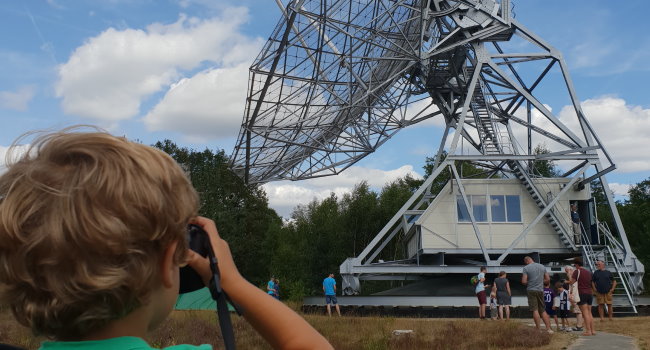
About me
I am Ben van Werkhoven, a computer scientist and research software engineer. I work as an Assistant Professor at LIACS, Leiden University, where I lead the Accelerated Computing research group. My main research interests are in optimization, performance modeling, and using Graphics Processing Units (GPUs) for scientific computing. I use GPUs to accelerate computations in many different research projects that span a wide range of scientific disciplines.
One of the things I enjoy the most in my work is building tools that solve problems I have experienced firsthand, and use those tools to become more effective in my daily work.
You can find my publication list here.





